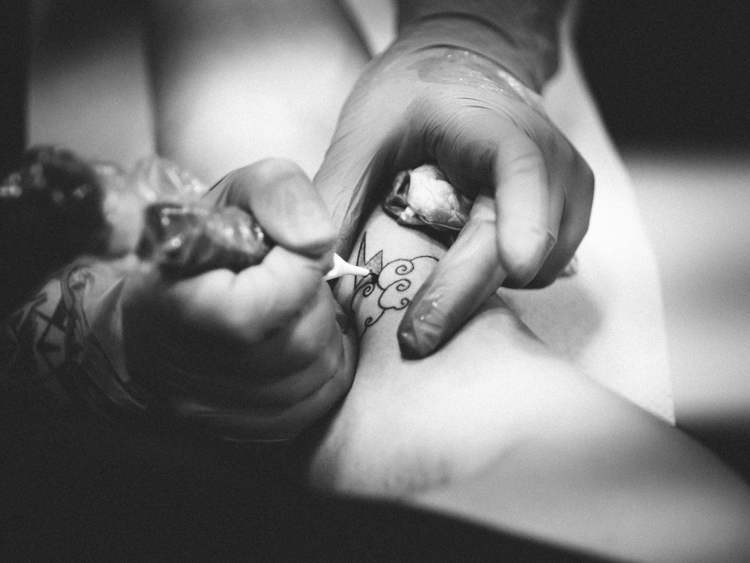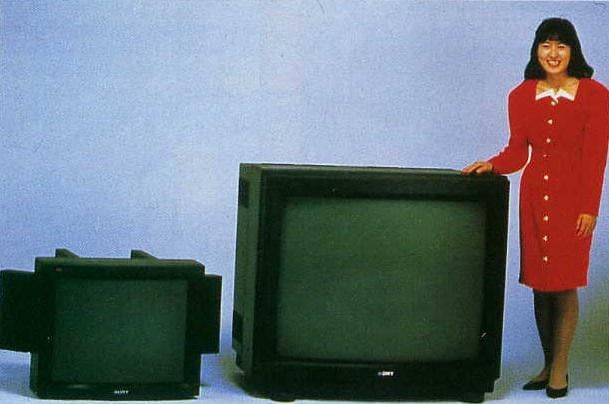Between 2011 and 2015, Seattle “businessman” Benjamin Rogovy made millions of dollars by taking advantage of people’s religious beliefs. Through his website, ChristianPrayerCenter.com, he led people to believe that ministers and religious leaders would pray for them if they paid between $9 and $35 for the service. He managed to convince hundreds of thousands of people to participate in the scam, becoming the sole recipient of all their donations.
To make the internet scam seem genuine, Rogovy posed as Pastor John Carlson, a fictitious character with a professional-looking LinkedIn profile. He created other fake profiles for ministers who could provide private consultations and perform religious ceremonies through ChristianPrayerCenter.com and its Spanish version, OracionCristiana.org. Both websites contained fake testimonials of people who, with the help of his prayers, had been able to avoid home foreclosures, win the lottery, have healthy babies, and even be cured of HIV. The scheme worked perfectly for four very profitable years, and at the height of its popularity, Rogovy’s pay-to-pray service had a whopping 1,289,120 likes on Facebook. People posted all their prayers online and sent money in hopes that it would lead to small miracles.

Photo: Christian Prayer Center
But Rogovy’s was finally busted last year, and after a year-long investigation, was asked to close the website. Washington state’s Attorney General Bob Ferguson has also ordered him to repay the $7 million he took from unwitting believers. “I believe in the power of prayer,” Ferguson later said, in a statement. “What I do not believe in and what I will not tolerate is unlawful businesses that prey upon people – taking advantage of their faith or their need for help – in order to make a quick buck.”
Investigators found that Rogovy was also bating his victims into making recurring monthly payments through his websites, which were deliberately confusing. “The AGO investigation found that once consumers submitted and paid for a prayer request, they were directed to a web page that gave them the option to receive ‘continued blessings,’” Ferguson added. “Between 2011 and 2015, CPC collected more than $7 million from 125,000 consumers worldwide. Some of these consumers were charged repeatedly, resulting in a total of over 400,000 transactions.”

Photo: Christian Prayer Center
In accordance with the ruling, ChristianPrayerCenter.com is now closed, with the message: “We thank you for all the prayers, we cherish the opportunity to have created a place where Christians could meet to support each other.” It also includes a link to the consumer claims process. People who wish to receive a refund need to file a complaint with the Washington state attorney general’s office by June 12, 2016.
Describing Rogovy as “the lowest of the low”, Ferguson said: “At the basic level, it’s a scam and he was asking people to give money under deceptive circumstances to have prayers done for them. Pay to pray. Nothing about it was real.”

Benjamin Rogovy
Sources: The Guardian, CBS News





